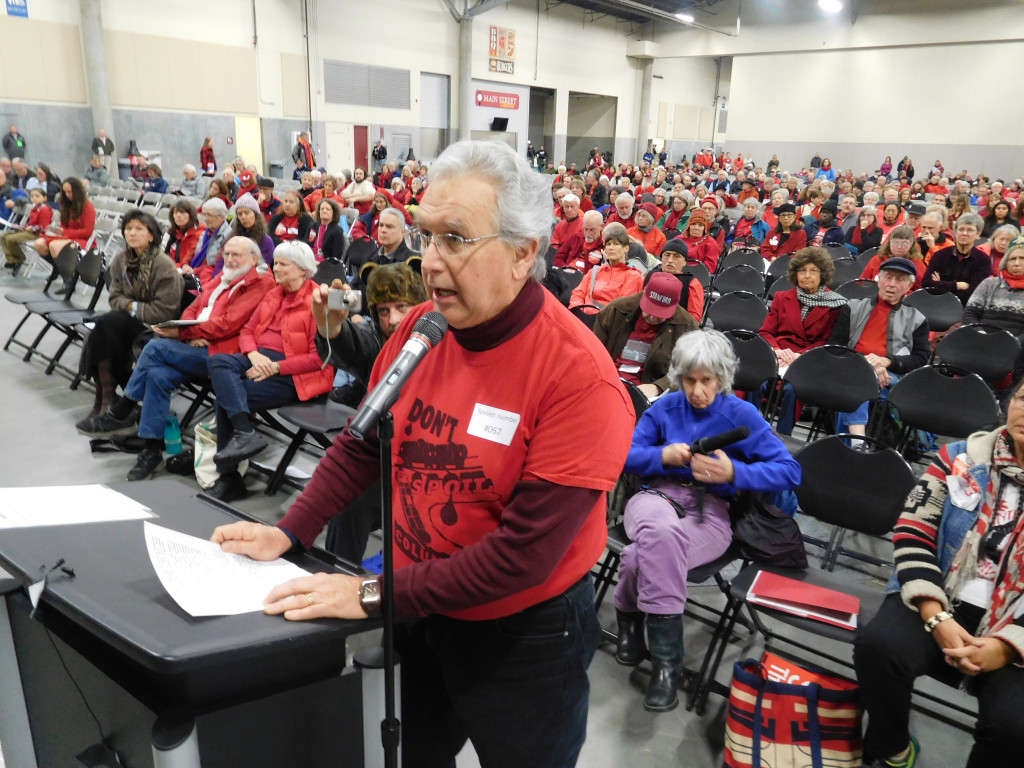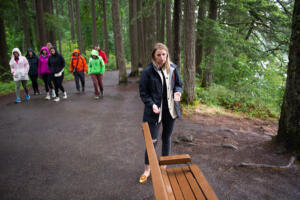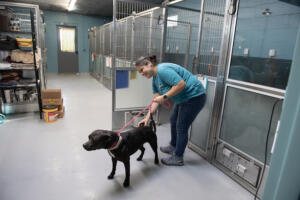The creation of jobs versus potential risks to the environment were two of the issues mentioned by people who attended a public hearing about an oil terminal.
The proposed transfer project could be located at the Port of Vancouver, if Gov. Jay Inslee approves it.
Tim Young, chairman of the Skamania County Fire District 4 commission, mentioned a concern for injuries or fatalities if a crude oil fire or explosion occurred along the area’s rail transportation corridor. The district provides fire protection and emergency medical services at the west end of Skamania County. That includes a portion of the Columbia River Gorge National Scenic Area.
Young said there are approximately seven miles of BNSF Railway Company tracks in the fire district, starting from the Clark-Skamania county line in the west to Smith-Cripe Road in the east.
“Approximately five miles of BNSF tracks in the district are inaccessible by fire apparatus,” he said. “Additional training, apparatus, manpower and Class B foam do not address the inaccessibility of these locations.”





